Nearly Done – EU Rules to Protect Net Neutrality and Free Mobile Roaming
The Council of the European Union, which is represented by ministers from each of the member states including the United Kingdom, has approved without debate new rules that aim to protect open Internet access (Net Neutrality) from unfair restrictions and put an end to mobile roaming charges.
Strictly speaking the deal was already done in June 2015 when the European Parliament, Council and Commission all reached a mutual agreement (here) and so this week’s agreement is arguably just a formality. Similarly the new rules must also be put before the EU Parliament at its plenary session in late October, which should be equally swift.
The biggest change is that of the EU’s move to end mobile roaming charges for those travelling between member states (France, Germany, UK etc.), which means that while roaming you’d simply continue to pay whatever you do today for your existing domestic (home country) tariff.
The cost of EU roaming has come down hugely in recent years and from 30th April 2016 it will fall again, with the maximum surcharge that mobile operators can levy dropping to €0.05 (£0.04) per minute for calls, €0.02 (£0.01) per text and €0.05 (£0.04) per MegaByte of data (Mobile Broadband). After that the roaming charges will be completely removed from 15th June 2017.
Mind you some of the details are still a bit murky, such as the introduction of a new Fair Use Safeguard, which is designed to help prevent “abusive use of roaming services, such as ‘permanent roaming’, which otherwise could undermine domestic markets.”
In addition, some mobile operators will also still be able to apply a surcharge to roaming, but only in “exceptional circumstances” (e.g. if struggling to recover their costs).
Fair Use Safeguard (Extract from the Agreed Text)
Roaming providers should be able to apply a ‘fair use policy’ to the consumption of regulated retail roaming services provided at the applicable domestic retail price. The ‘fair use policy’ is intended to prevent abusive or anomalous usage of regulated retail roaming services by roaming customers, such as the use of such services by roaming customers in a Member State other than that of their domestic provider for purposes other than periodic travel.
Any fair use policy should enable the roaming provider’s customers to consume volumes of regulated retail roaming services at the applicable domestic retail price that are consistent with their respective tariff plans.
The other big change is with the adoption of new rules to protect Net Neutrality (i.e. the principle of treating all Internet traffic as equal), which is designed to stop mobile providers and fixed line broadband ISPs from blocking or severely restriction your access to legal Internet content and services (e.g. Skype, YouTube, Facebook etc.).
At this point it’s worth remembering that the true meaning of Net Neutrality has never actually existed because, like it or not, most information / data that travels over a computer network will often be subject to some degree of management or adjustment.
Net Neutrality Rule (Extract from the Agreed Text)
Under the new EU-wide rules to safeguard equal and non-discriminatory treatment of traffic in the provision of internet access services, providers will be required to treat all traffic equally when providing internet access services, without discrimination, restriction or interference, and irrespective of the sender and receiver, the content accessed or distributed, the applications or services used.
They may use reasonable traffic management measures, but such measures must be transparent, non-discriminatory, proportionate and not be based on commercial considerations. Traffic management measures must not monitor specific content and must not be maintained longer than necessary. Measures going beyond such reasonable traffic management (for example, blocking or throttling) will be prohibited, except for a limited number of cases defined in the Regulation.
However some have been quick to criticise the new rules because they contain several caveats, such as support for “agreements on services requiring a specific level of quality” (this is needed in order to cater for IPTV style services delivered over the Internet) and without that caveat it would be difficult to offer commercial video streaming services (e.g. Netflix, NOW TV etc.). The rule is also designed to prevent abuse, but some still fear that it could be manipulated.
It’s worth pointing out that the biggest content providers, such as YouTube and Netflix, have begun to use commercial traffic providers and this costs broadband ISPs extra money to deliver, which is a cost that they either absorb or pass on to customers. Without the new rules it was feared that ISPs might act like a mafia and start pressuring content providers to pay them back for service delivery, which is a very controversial approach.
Elsewhere there are also exceptions that allow for Internet access providers to introduce network security features (e.g. Internet anti-virus, anti-DDoS etc.) and or blocks against truly illegal content, such as child pornography or court / public authority ordered blocks against Internet piracy websites.
Finally, the rule also adds an exception that allows ISPs to offer optional features like email spam filters or Parental Controls (the latter may block pornography etc.). Crucially it’s specifically stated that this must be done “with the prior request or consent of end-users and the possibility to withdraw the consent, and thus such filters, at any time“, which makes it difficult for ISPs to impose default network-level censorship without first getting their customers approval.
Ultimately the Net Neutrality rules are a compromise, but they appear to be fairly reasonable given that some degree of management will always take place within a network like the Internet. The related rules for this should be introduced sometime in November 2015.
At this point we should also mention that the Broadband Stakeholders Group (BSG) has launched a related review of their own Open Internet Code of Practice for the UK, which already follows a similar approach to the new rules except for the fact that the Code is voluntary and the new EU legislation is mandatory (details).
Mark is a professional technology writer, IT consultant and computer engineer from Dorset (England), he also founded ISPreview in 1999 and enjoys analysing the latest telecoms and broadband developments. Find me on X (Twitter), Mastodon, Facebook and Linkedin.
« UPDATE5 Virgin Media Customers Swamped by SPAM After Email Migration
Latest UK ISP News
- FTTP (5532)
- BT (3518)
- Politics (2542)
- Openreach (2298)
- Business (2266)
- Building Digital UK (2247)
- FTTC (2045)
- Mobile Broadband (1977)
- Statistics (1790)
- 4G (1668)
- Virgin Media (1621)
- Ofcom Regulation (1465)
- Fibre Optic (1396)
- Wireless Internet (1391)
- FTTH (1382)



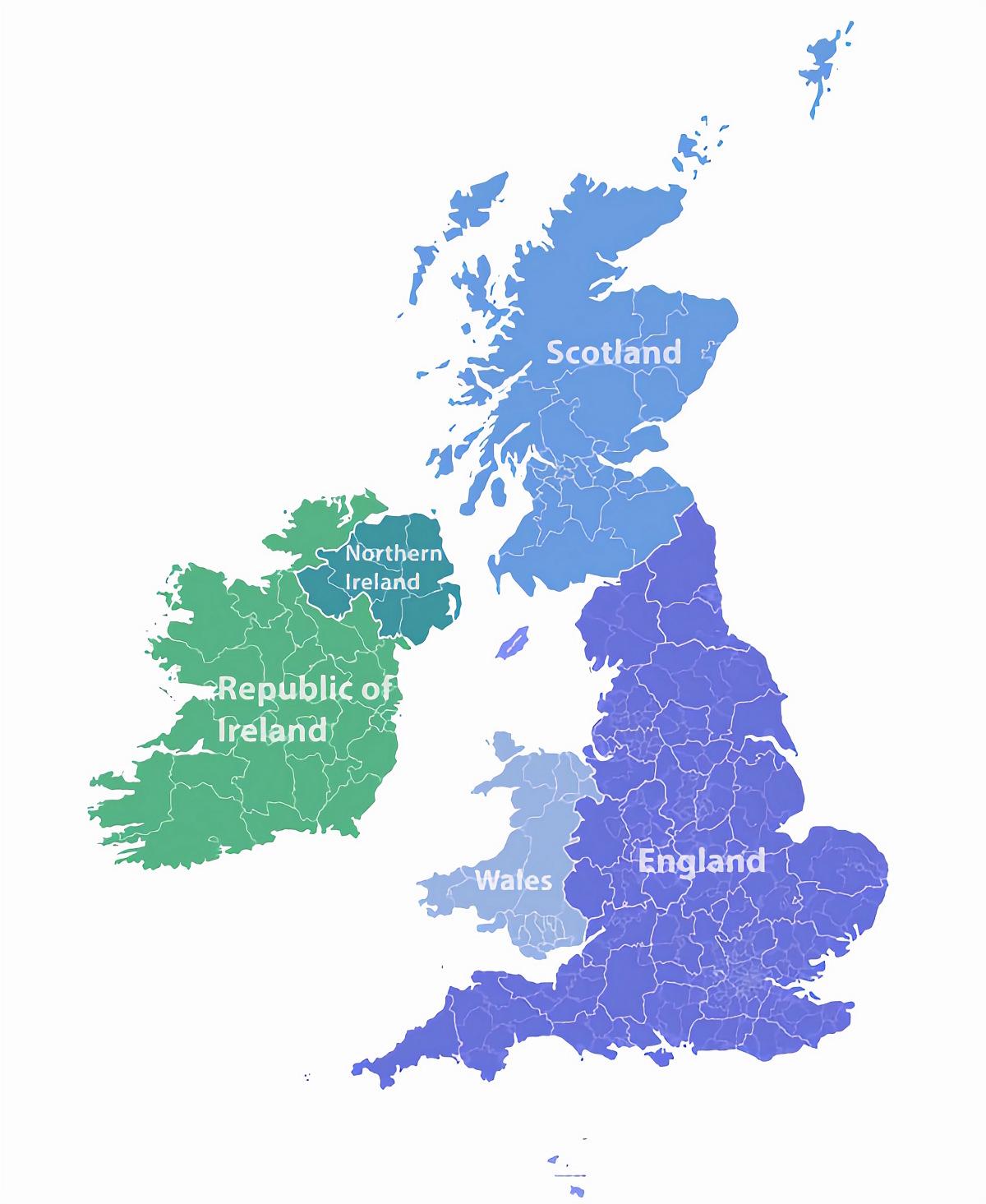
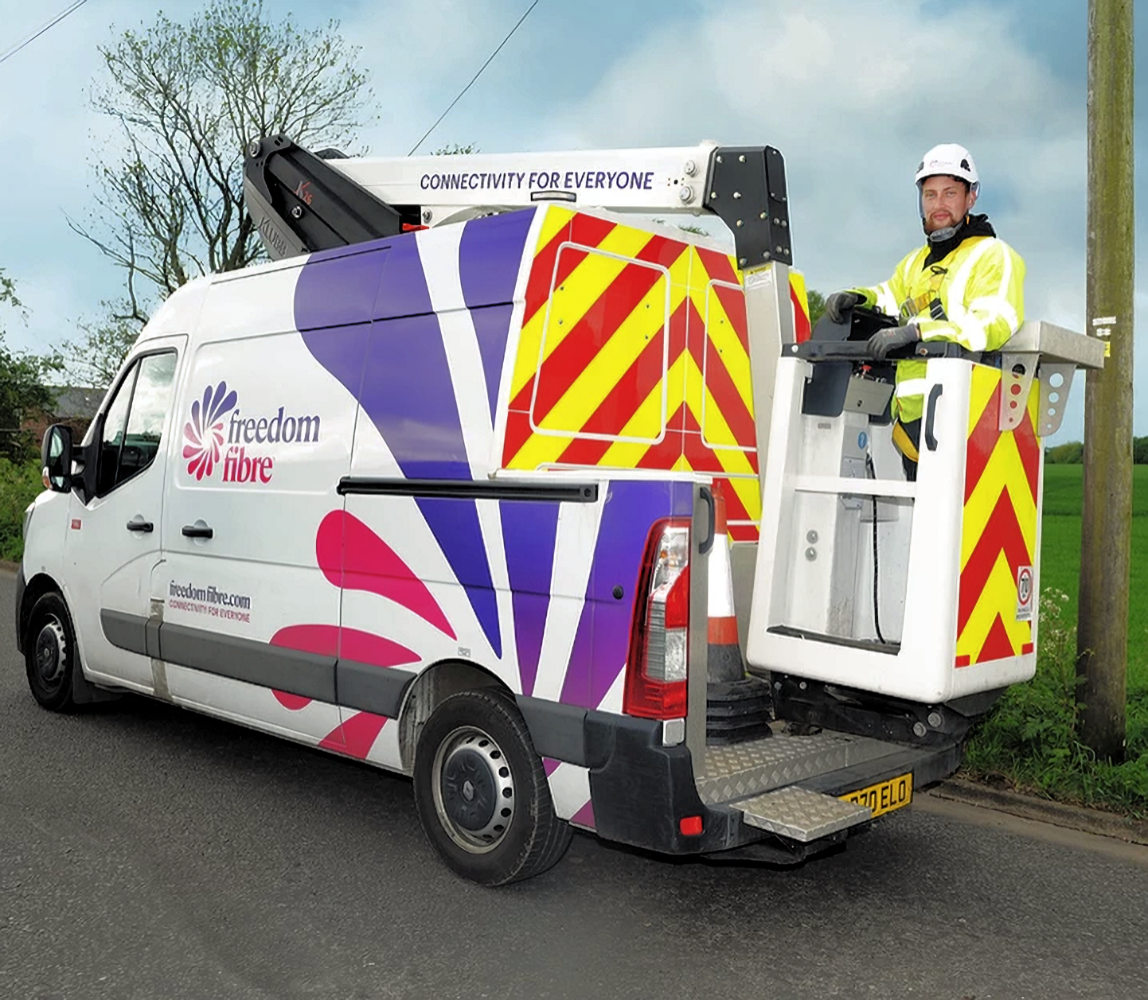














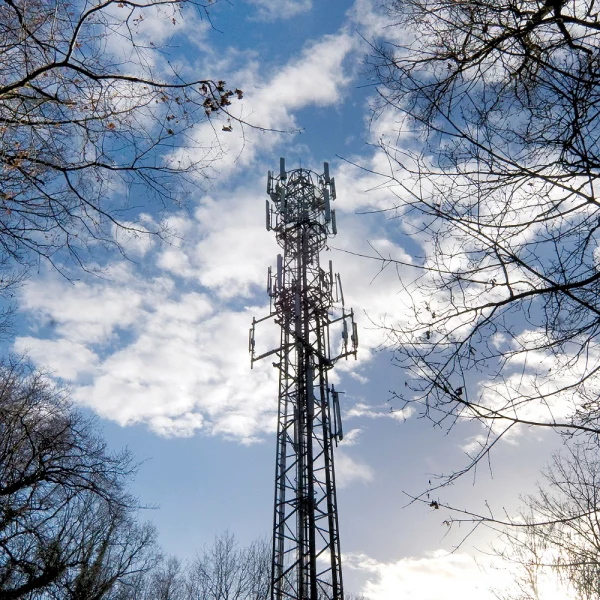
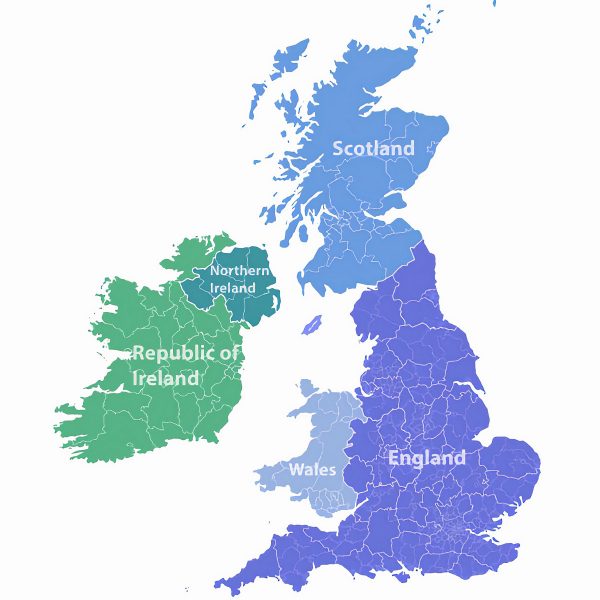
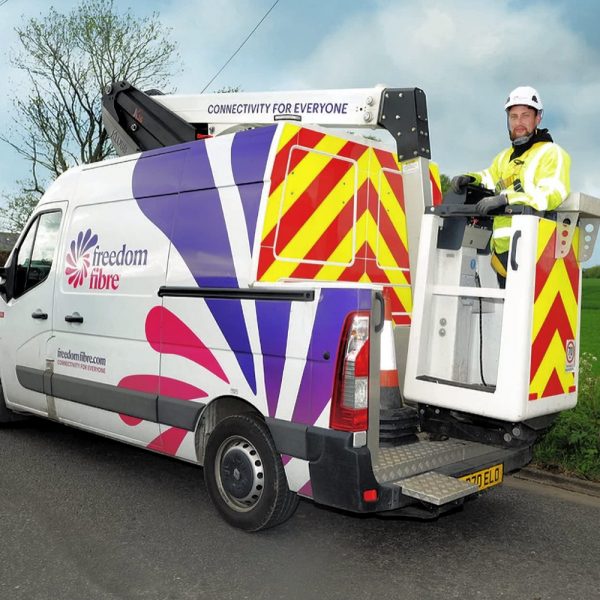


































Comments are closed